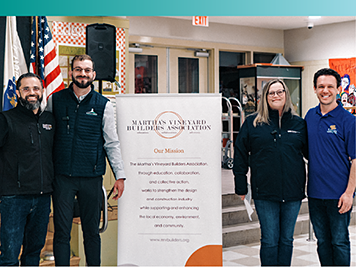Polaris enlisted the help of Compass Financial Partners, a Marsh & McLennan Agency LLC (MMA) company to develop its new financial wellness program. To kick off this transformation, Nikky Reilly, senior manager of healthcare, retirement, and stock plans at Polaris, and her team rolled out a series of financial information sessions for employees on relevant topics such as inflation, retirement, and social security. They also offered one-on-one sessions with MMA financial experts to discuss employees’ unique goals and challenges. In turn, Polaris garnered valuable insight into employees’ concerns and areas where they could use additional resources, and was able to adjust its offerings accordingly.
“With COVID-19, we found that employees were facing a lot of financial stress, so we wanted to create a program that was unique to their own financial concerns and goals,” Reilly says. “We put together a completely new set of financial wellness offerings and launched presentations each quarter that focused on pre-tax savings, what to do as you get closer to retirement—a lot of different topics that were individualized for our employees.”
Kathleen Kelly, Retirement & Wealth Management Services managing partner at MMA who worked with Reilly to implement Polaris’ financial wellness program, says that from a corporate perspective, companies are smart to invest in robust financial wellness programs. “There is a financial interest in ensuring your workforce is financially fit,” she says. “If you don’t have a financially prepared workforce, it leads to employees who have higher financial stress, higher workers’ compensation rates and higher medical claims.”
Communicating financial wellness
Before Polaris could equip its employees with the financial information it needed to succeed, it had to ensure that information would reach them. With roughly 18,000 employees in the U.S.— from the engineers working to develop vehicles to front line workers turning that vision into a reality, plus those that help Polaris continue to grow and operate, like sales, IT, marketing, HR, finance and more—this was a tall order. The company not only had to implement a financial wellness program, it also had to come up with a new internal communications strategy. This was the first big hurdle MMA and Polaris tackled.
The effort began with the launch of a newsletter, North Star News, that contained information about the new financial wellness program, along with other news and events happening within the company. The newsletter also allowed Reilly and her team to monitor which stories employees were clicking on to understand what they were most interested in reading.
They also found ways to reach employees who do not have access to email, such as ensuring information was being shared at team meetings or posted on bulletin boards. Finally, they snail-mailed a hefty 26-page financial guide to each of the company’s employees that explained complex money issues in an easy-to-understand way.



